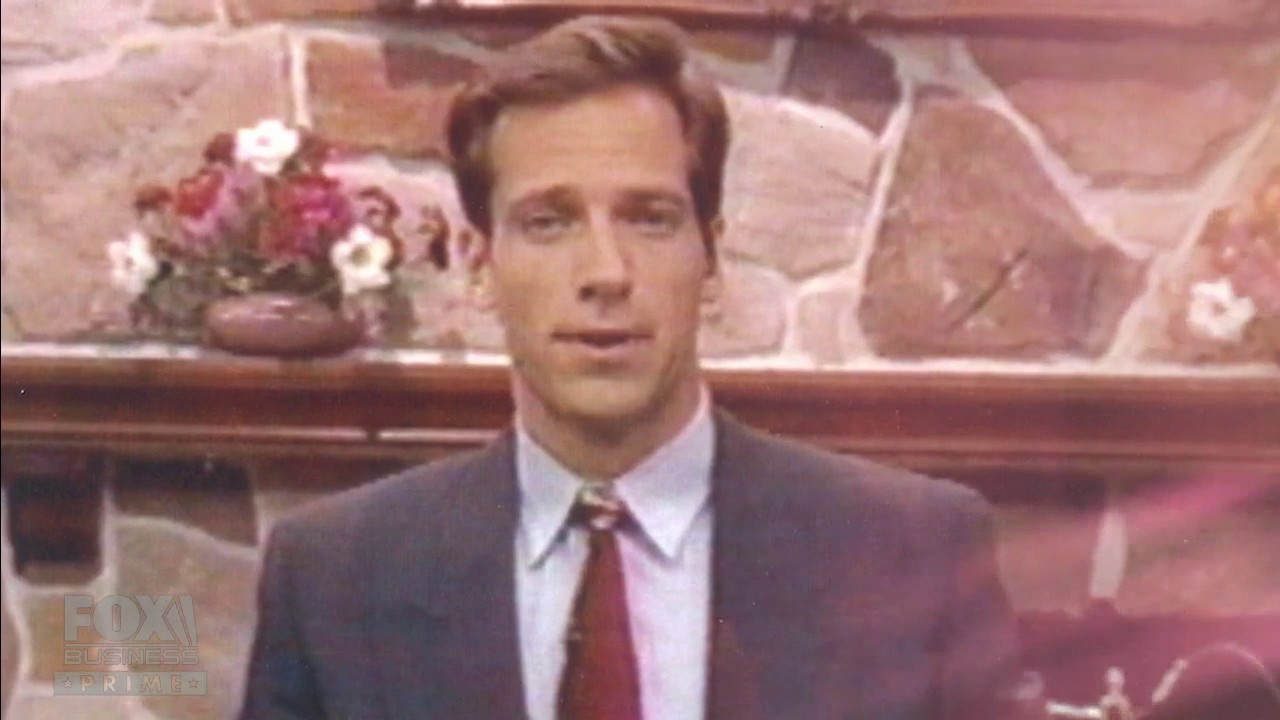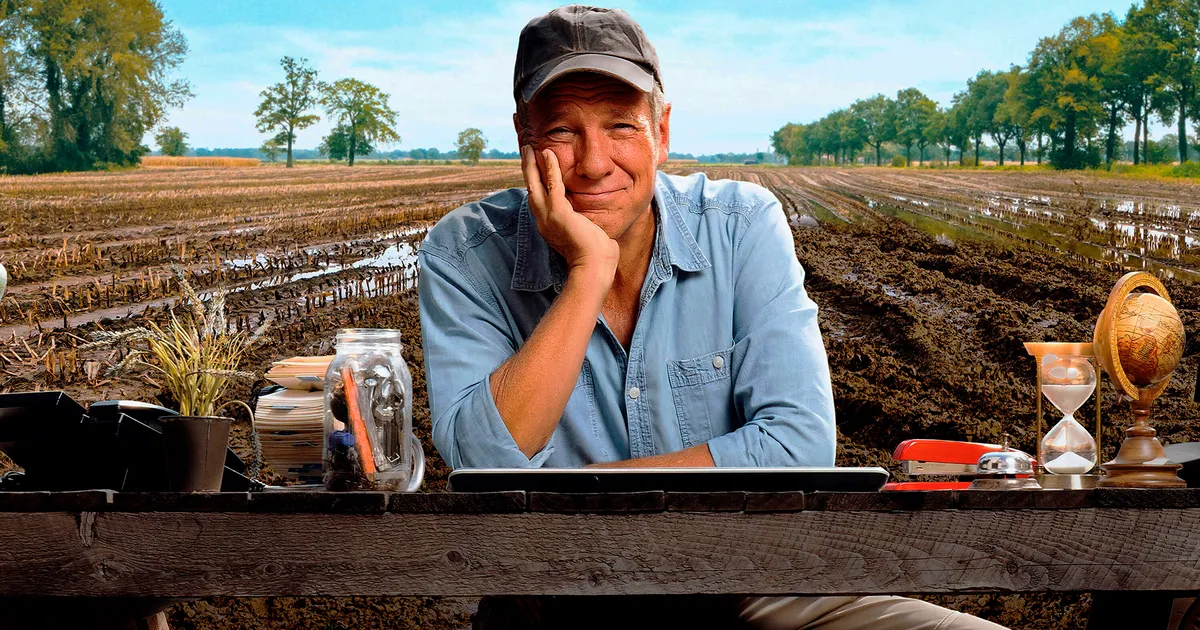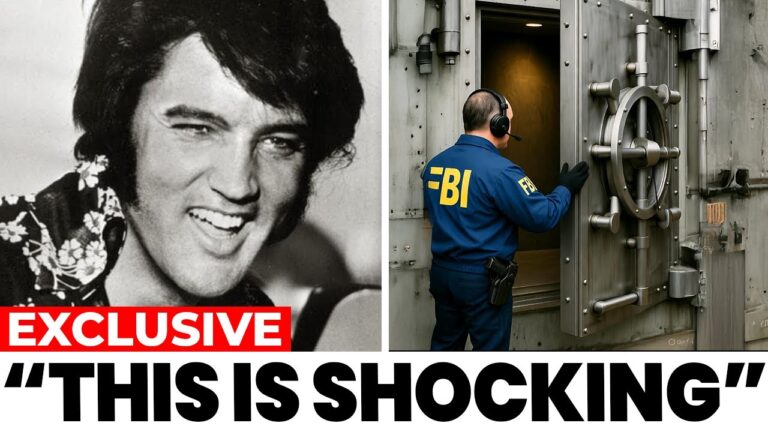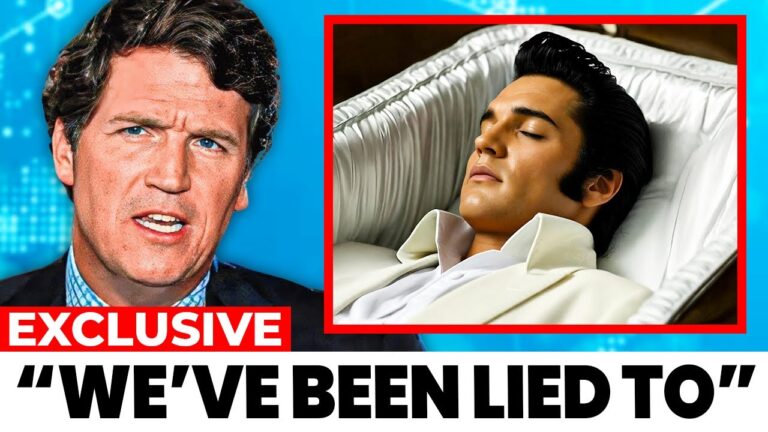Title: The Unexpected Legacy of Mike Rowe: From Dirty Jobs to Controversial Conversations
 In a world where the glitz of Hollywood often overshadows the grit of everyday labor, Mike Rowe has emerged as an unlikely voice for the unsung heroes of the working class. From his humble beginnings to becoming the face of the groundbreaking series “Dirty Jobs,” Rowe’s journey has not only entertained millions but ignited heated debates about the value of work, education, and societal respect for blue-collar professions.
In a world where the glitz of Hollywood often overshadows the grit of everyday labor, Mike Rowe has emerged as an unlikely voice for the unsung heroes of the working class. From his humble beginnings to becoming the face of the groundbreaking series “Dirty Jobs,” Rowe’s journey has not only entertained millions but ignited heated debates about the value of work, education, and societal respect for blue-collar professions.
Born in March 1962 to a family of educators, Rowe’s early life was steeped in the values of hard work and perseverance. With a natural flair for storytelling and a gift for mimicry, he took to the stage in his youth, ultimately studying communications at Towson University. His initial foray into the entertainment world was anything but glamorous, as he found himself selling products on QVC, where his charm and wit transformed mundane shopping into captivating television.
But it was his leap into the world of “Dirty Jobs” that catapulted him into the national consciousness. The concept was simple yet revolutionary: Rowe would immerse himself in the grimiest, most challenging jobs across America, showcasing the dignity of labor that often goes unnoticed. From wrestling with pigs to diving into shark-infested waters, Rowe’s fearless approach revealed the raw realities of work that many viewers had never considered. The show resonated deeply, celebrating the hardworking individuals who form the backbone of society while challenging the stigma surrounding manual labor.
 However, as Rowe’s popularity soared, so did the controversies surrounding him. His candid discussions about the value of skilled trades versus the traditional college path sparked a national conversation that divided audiences. Rowe argued that society’s obsession with higher education often overlooked the critical importance of vocational skills, which left many trades unappreciated and understaffed. His advocacy for the trades, particularly through his foundation, Mike Rowe Works, aimed to restore dignity and respect to professions that keep America running.
However, as Rowe’s popularity soared, so did the controversies surrounding him. His candid discussions about the value of skilled trades versus the traditional college path sparked a national conversation that divided audiences. Rowe argued that society’s obsession with higher education often overlooked the critical importance of vocational skills, which left many trades unappreciated and understaffed. His advocacy for the trades, particularly through his foundation, Mike Rowe Works, aimed to restore dignity and respect to professions that keep America running.
The debate intensified during the COVID-19 pandemic when Rowe became a vocal advocate for workers who faced the brunt of shutdowns. His comments, which highlighted the struggles of everyday Americans, drew both praise and backlash. Supporters hailed him as a champion of the working class, while critics accused him of downplaying the severity of the virus.
 As Rowe navigates this complex landscape, he continues to challenge societal norms with a calm and measured tone. His podcast, “The Way I Heard It,” remains a platform for storytelling that inspires and provokes thought. Meanwhile, his influence on social media allows him to connect with fans and address the critics who question his motives.
As Rowe navigates this complex landscape, he continues to challenge societal norms with a calm and measured tone. His podcast, “The Way I Heard It,” remains a platform for storytelling that inspires and provokes thought. Meanwhile, his influence on social media allows him to connect with fans and address the critics who question his motives.
Today, Mike Rowe stands at the intersection of entertainment and advocacy, a figure who has transcended the role of a mere television host. His journey from the muck of dirty jobs to the forefront of national conversations about work and education has solidified his legacy as a provocateur, a truth-teller, and a champion for those who labor in the shadows.
As the debate continues over his true impact, one thing remains clear: Mike Rowe’s voice is far from silenced. Whether viewed as a savior of the working class or a controversial figure stirring the pot, his commitment to highlighting the importance of all work ensures that he will remain a relevant and influential figure in America’s cultural landscape for years to come.





